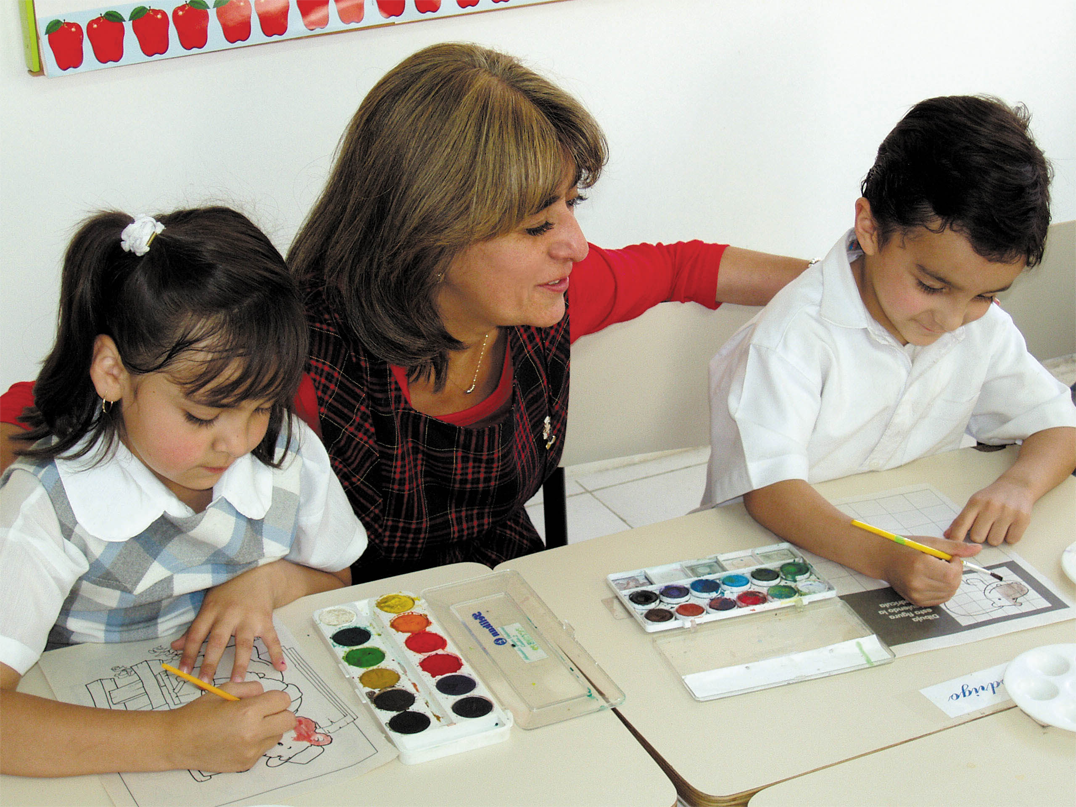READING AND PHONICS

GUIDED READING
We ensure that all children have access to whole class, quality guided reading sessions at least three times per week. These sessions focus on developing comprehension. We use a scheme called ‘Fred’s Teaching’ which uses extracts from quality books with a focus on visual texts and chapter books to motivate and excite pupils. Throughout school, a whole class story is shared on a daily basis; this may be a longer ongoing novel in upper Key Stage 2.
INDIVIDUAL READING
All children have an individual reading book which goes home every night. For beginner readers, the books are changed by the class teacher, to ensure it is matched to their reading level. Once children have a good level of fluency, they will have free choice of reading books within banded levels until they are deemed fluent enough to be free readers. Adults will listen to children read in school on a regular basis - these individual reading sessions are aimed at developing fluency. Each child will also have access to a non-banded library book of their choosing which they can read alongside their banded reading book or share with an adult. Children also have weekly opportunities to visit the school library in each Key Stage.
HELP & SUPPORT FOR PARENTS
We have put together some presentation slides, which outline our approach to reading: Reading information for parents. If you would like to hear a guided explanation of the presentation, please click here.
Getting our parents involved in the teaching of reading is very important to us. Please do not hesitate to come and chat with the staff team, should you have any questions or want any advice on how to support your child with their reading. Here are some futher aids for parents about teaching and supporting early reading: Sounds-Write parents leaflet, How to pronounce sounds precisely, What is Sounds-Write (video).
If you are interested in taking a short on-line course for parents, click here: Help your child to read and write, part 1 (upon completion of part 1, you will have an option to continue on to part 2!)
Please have a look at this powerpoint for information about how to help your child with reading, at Key Stage 2: /leeds/primary/burleystmatthias/arenas/websitecontentcommunity/web/bsmreadingguide(1).pptx

At Burley St Matthias, reading is at the heart of all we do. As you walk around school you will see high-quality books, quiet and cosy reading nooks, and two well-resourced libraries. We want to ensure that every child has the opportunity to experience the delight and power of books and the written word, regardless of their language, literacy skills, ability or culture.
EARLY READING AND PHONICS
Through our phonics teaching, we focus upon word reading and spelling. Phonics is taught using the DfE validated 'Sounds-Write' approach, which teaches children how to decode and encode. This approach is also being phased into our teaching of spelling in KS2. In Foundation Stage and Key Stage 1 there is daily phonics teaching. From the Foundation Stage, we teach three essential skills for all children to become effective at reading and spelling: segmenting, blending and phoneme manipulation. As beginner readers build their word reading skills and become more fluent readers, the emphasis includes comprehension, interpreting and responding to texts. In addition to being taught daily phonics from the Foundation Stage through to Year 2, we also plan and deliver tailored phonic sessions for Y3 pupils. Key Stage 2 sessions continue to follow the Sounds-Write approach. This has more of a focus on spelling, and where necessary, smaller group phonics sessions are taught to match the needs of individuals/groups. In the Foundation Stage and Key Stage 1, children read books that are matched to the phonics they have been previously taught to give them opportunities to review and practise. The core reading scheme used in school is Dandelion Readers, which follows the Sounds-Write alphabetic code order of sounds. Other phonetically decodable books are available for children to choose from, to share and practise reading at home. This also applies to some children in Key Stage 2, if applicable to their reading development.
Insert content here